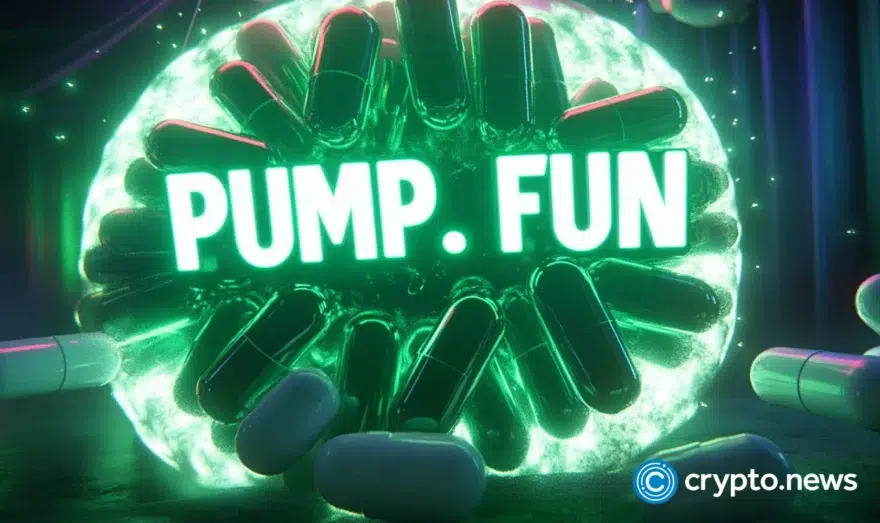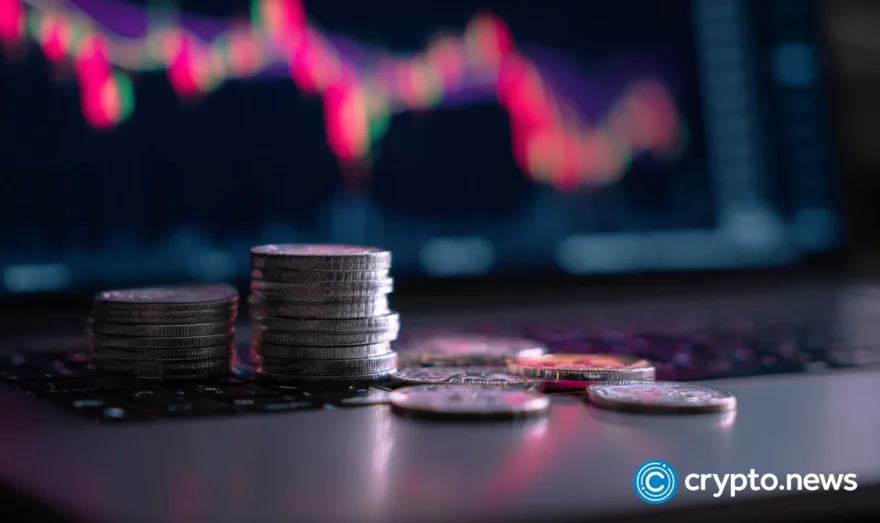BONK.fun partners with Kick to enable live streaming on its platform

BONK.fun partnered with streaming platform Kick to link crypto creators with a broader audience.
- BONK.fun will integrate Kick streaming directly into its memecoin launchpad
- Pump.fun was the first launchpad with a livestreaming service, which raised controversy
Crypto platforms have long struggled to attract a more mainstream audience, something that a recent LetsBonk initiative hopes to change. On Tuesday, Sept. 2, Solana-based memecoin launchpad BONK.fun partnered with the streaming platform Kick to bring crypto to a more mainstream audience.
The partnership will consist of Kick’s livestreaming features directly integrated into BONK.fun. Notably, memecoin creators will be able to go live on Kick and have their streams displayed directly on the BONK.fun website.
“Kick has entered the streaming game as an underdog with innovative features and a creator-first focus a win and help win ethos that perfectly embodies what we stand for at BONKfun,” its statement wrote.
This native integration will allow creators to chat with their BONK.fun audience while also having access to a mainstream streaming platform. The memecoin launchpad said it plans to unveil more details soon for both creators and users.
BONK.fun hopes to tap into Kick’s audience
BONK.Fun hopes that the integration will help grow the crypto niche on Kick, which is already significant. Launched in 2022 by the co-founders of gambling platforms Stake.com and Easygo Entertainment, Kick is the biggest competitor to Twitch and YouTube. Due to its more lax moderation, especially when it comes to gambling content, the platform often attracts controversial creators.
Pump.fun was the first memecoin launchpad platform to start a livestreaming service. However, the platform was forced to shut down the service after users became increasingly extreme in how they attracted attention.
For instance, users showed off weapons, threatened violence, and openly ridiculed their viewers. The platform faced a major backlash in November 2024, but partially resumed the service in April 2025, with stricter moderation.

















